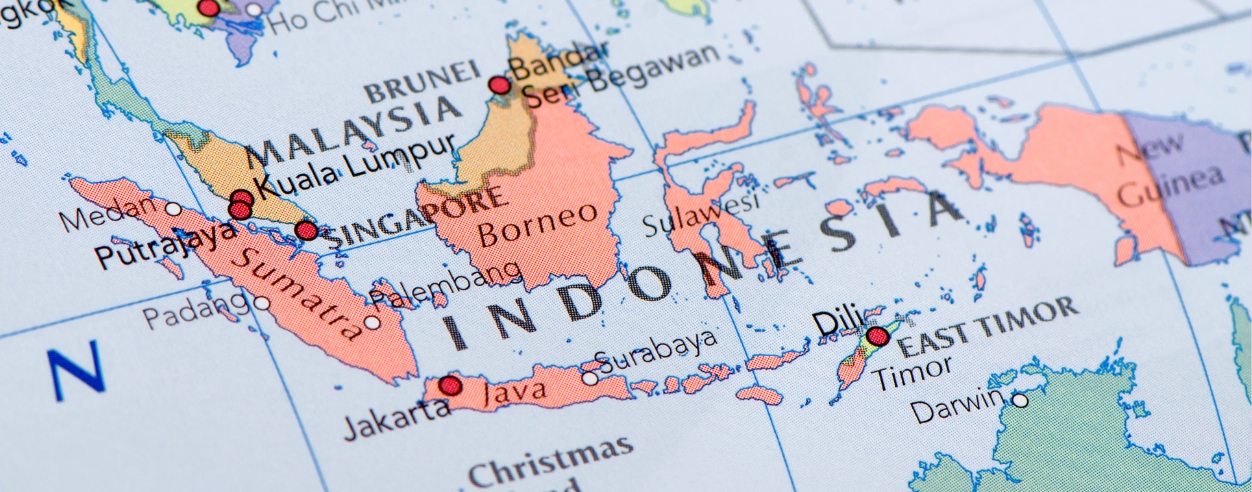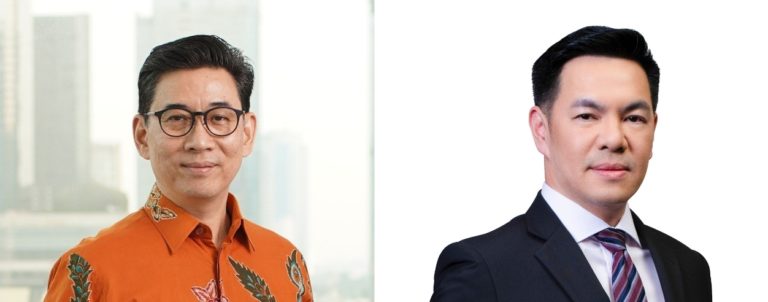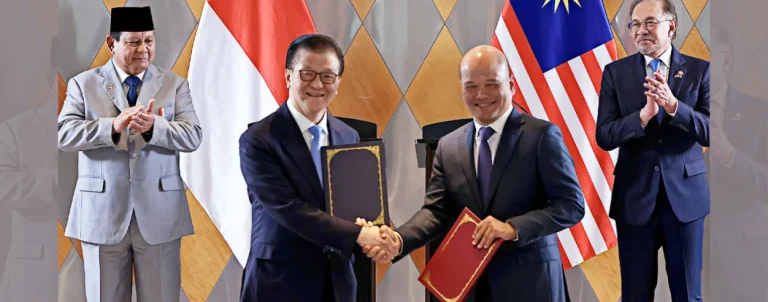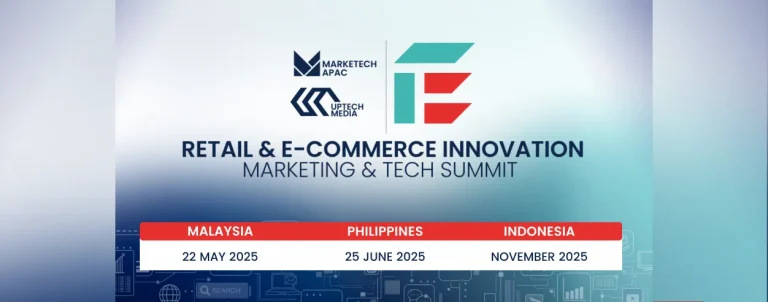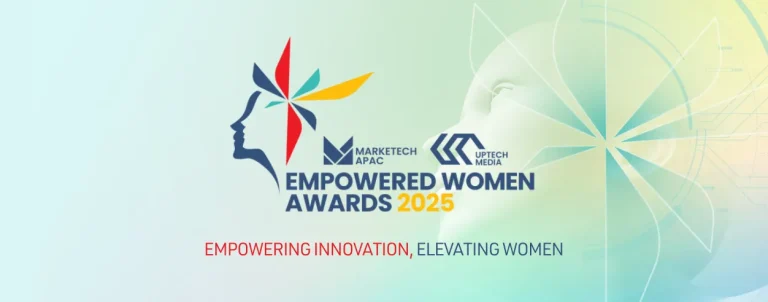Jakarta, Indonesia – A 2025 report by Indosat Ooredoo Hutchison and Twimbit, on Indonesia’s digital economy, has highlighted the transformative impact of sovereign AI in driving national growth. Analysis indicates that AI could add up to USD$140b to Indonesia’s GDP by 2030, potentially increasing annual economic growth by 6.8% and enhancing competitiveness across key sectors.
The study identifies five core pillars for achieving AI sovereignty: advanced digital infrastructure, a sustainable and skilled AI workforce, a thriving technology industry, strong research capabilities, and a comprehensive ethical and regulatory framework. Progress in these areas could enable Indonesia to reach high-income nation status by the early 2040s.
Projected productivity improvements are substantial, with service sectors potentially rising by 18%, manufacturing up to 20%, and agriculture 5–8%, highlighting AI’s role in boosting national competitiveness.
“Indonesia is uniquely positioned to lead in the era of sovereign AI,” Manoj Menon, founder and CEO of Twimbit, commented.
He added, “By strengthening its digital foundations and fostering an inclusive ecosystem, the nation can emerge as a regional hub for AI growth and accelerate its journey toward Golden Indonesia 2045.”
Strong adoption of AI could also accelerate the timeline for achieving high-income status by up to five years, potentially reaching this milestone by 2038 under the most favourable conditions. Economic contributions are expected across industries, with the financial and insurance sector projected to contribute 13% to its sectoral GDP by 2030, followed by the information and communication and professional services sectors at 11% each.
To achieve these outcomes, Indonesia is expected to require USD$3.2b in investment for national computing infrastructure by 2030. Expanding renewable-powered data centres and nationwide 5G networks is critical, as the country currently represents less than 1% of global AI data centre capacity.
The report also emphasises the importance of developing human capital, estimating a need for 400,000 AI professionals by 2030. This will necessitate approximately USD$968m in education, training, and upskilling initiatives.
“AI is not just about technology—it’s about national independence. AI sovereignty means developing technology that ensures ethical and secure use, and delivers benefits equitably to all Indonesians,” Nazar Patria, vice minister of communications and digital affairs of the Republic of Indonesia, stated.
Indonesia’s AI ecosystem is rapidly expanding, with 364 start-ups raising a combined USD$1.08b in funding. Initiatives such as Sahabat-AI V2—a large language model supporting Bahasa Indonesia and regional languages, including Javanese, Sundanese, Balinese, and Batak—illustrate the nation’s transition from AI adoption to AI creation.
Ethical considerations are central to Indonesia’s sovereign AI strategy, aligning governance with Pancasila and the long-term Indonesia Emas 2045 vision. The framework ensures that AI systems are human-centric, transparent, and accountable, actively mitigating risks such as bias and privacy breaches. It also seeks to promote inclusive digital growth, extending benefits beyond metropolitan hubs to empower 124 million urban consumers in non-metropolitan regions.
“AI sovereignty is not just about innovation—it’s about shaping the future that’s owned and led by Indonesia,” Vikram Sinha, president director and CEO of Indosat Ooredoo Hutchison, commented.
He added, “Through strategic collaboration and continuous innovation, Indosat is committed to delivering inclusive connectivity and ethical AI solutions that empower every Indonesian.”
Cross-sector collaboration is critical to establishing a sovereign AI ecosystem. Strengthening infrastructure, nurturing digital talent, and enforcing ethical AI governance are key measures to move Indonesia beyond technology adoption and towards a domestically led, inclusive digital future.


